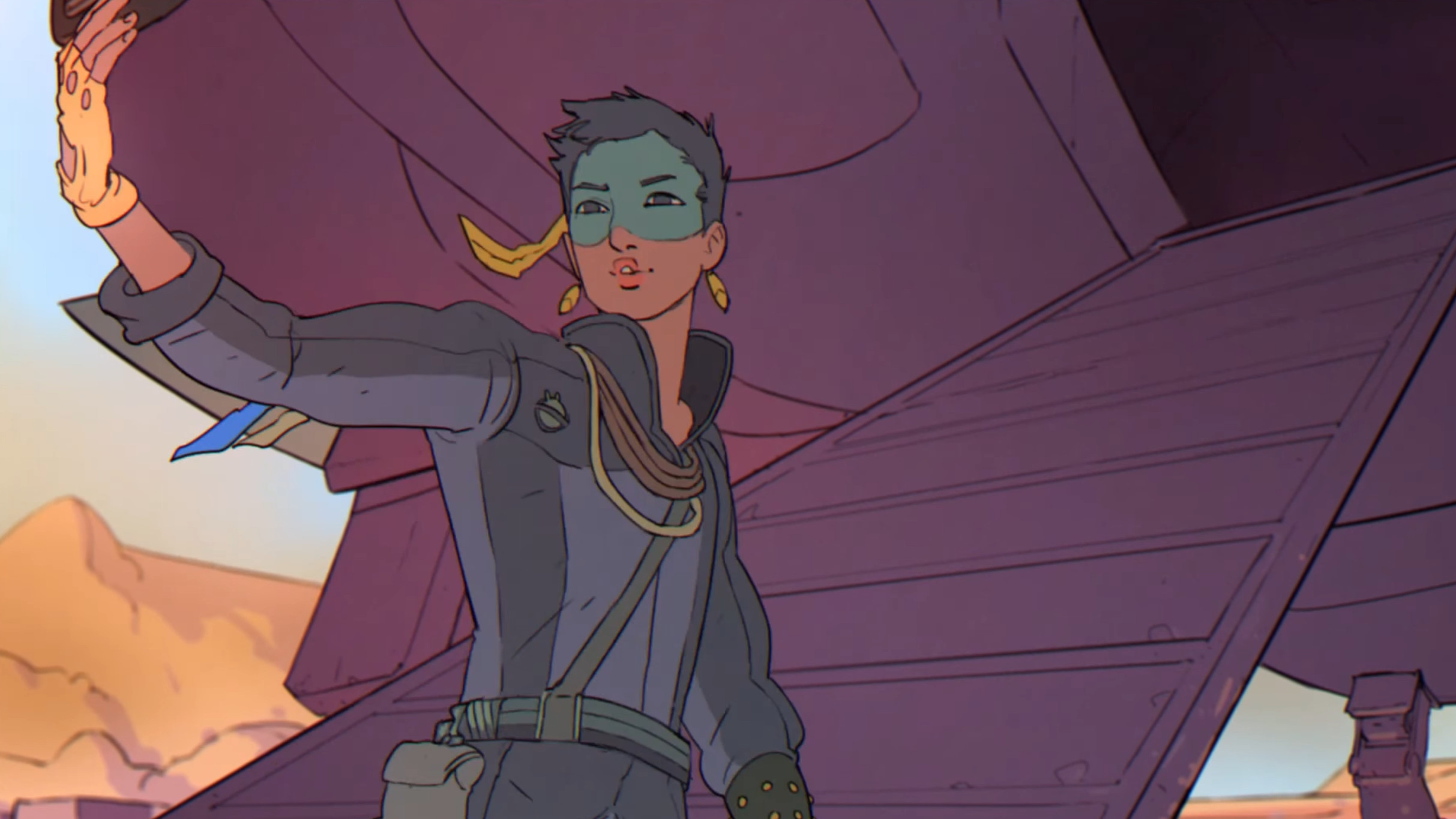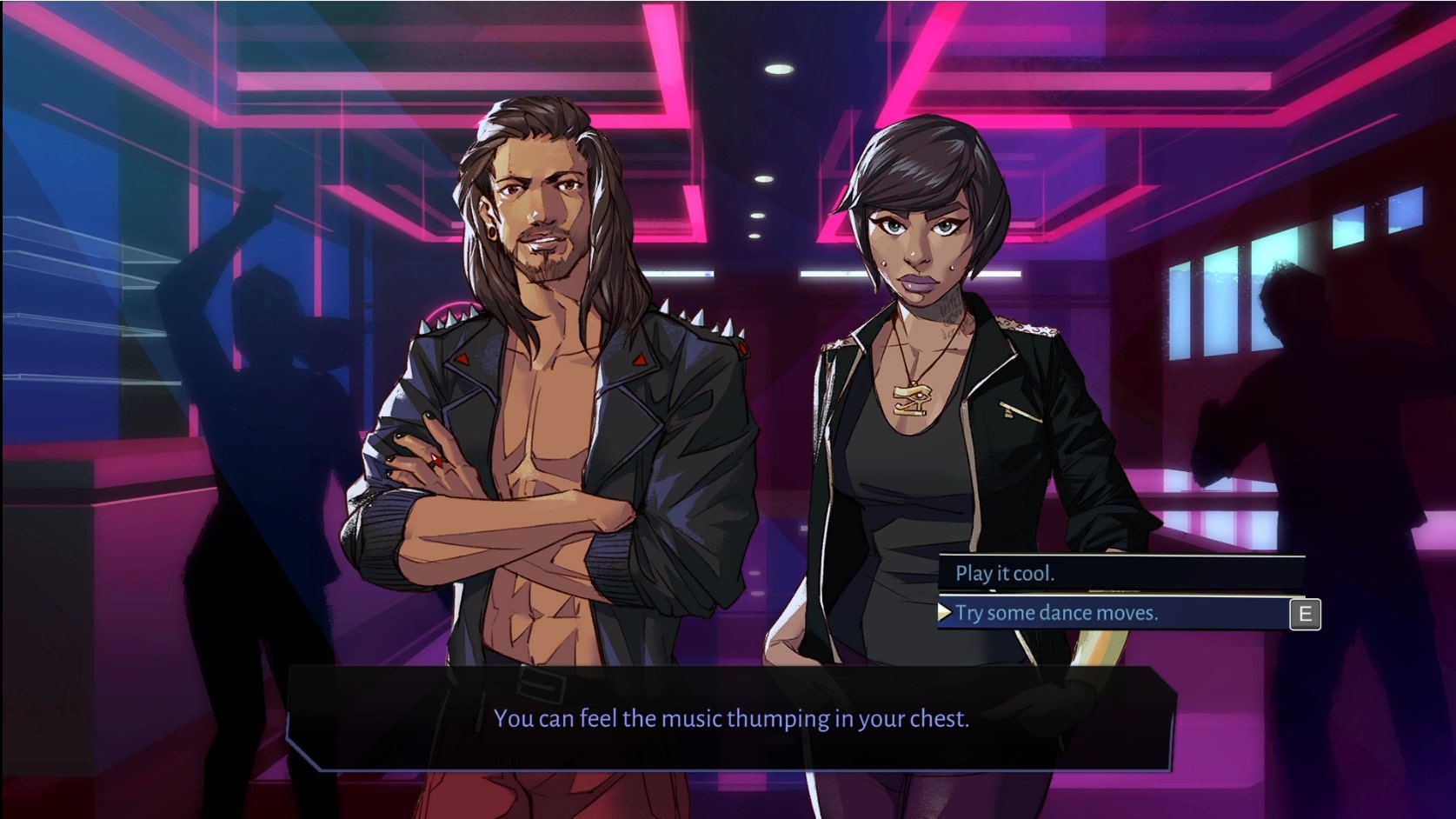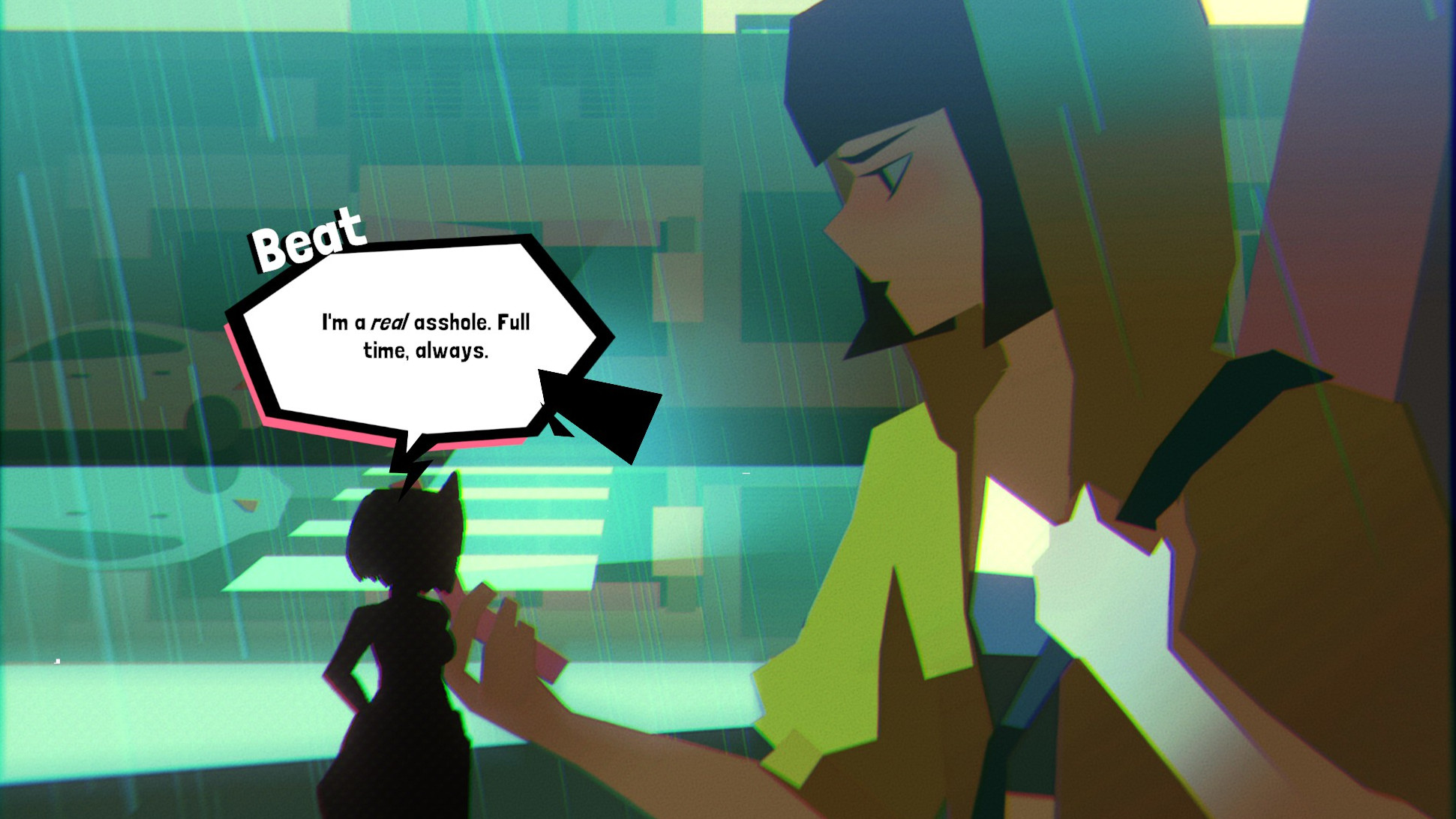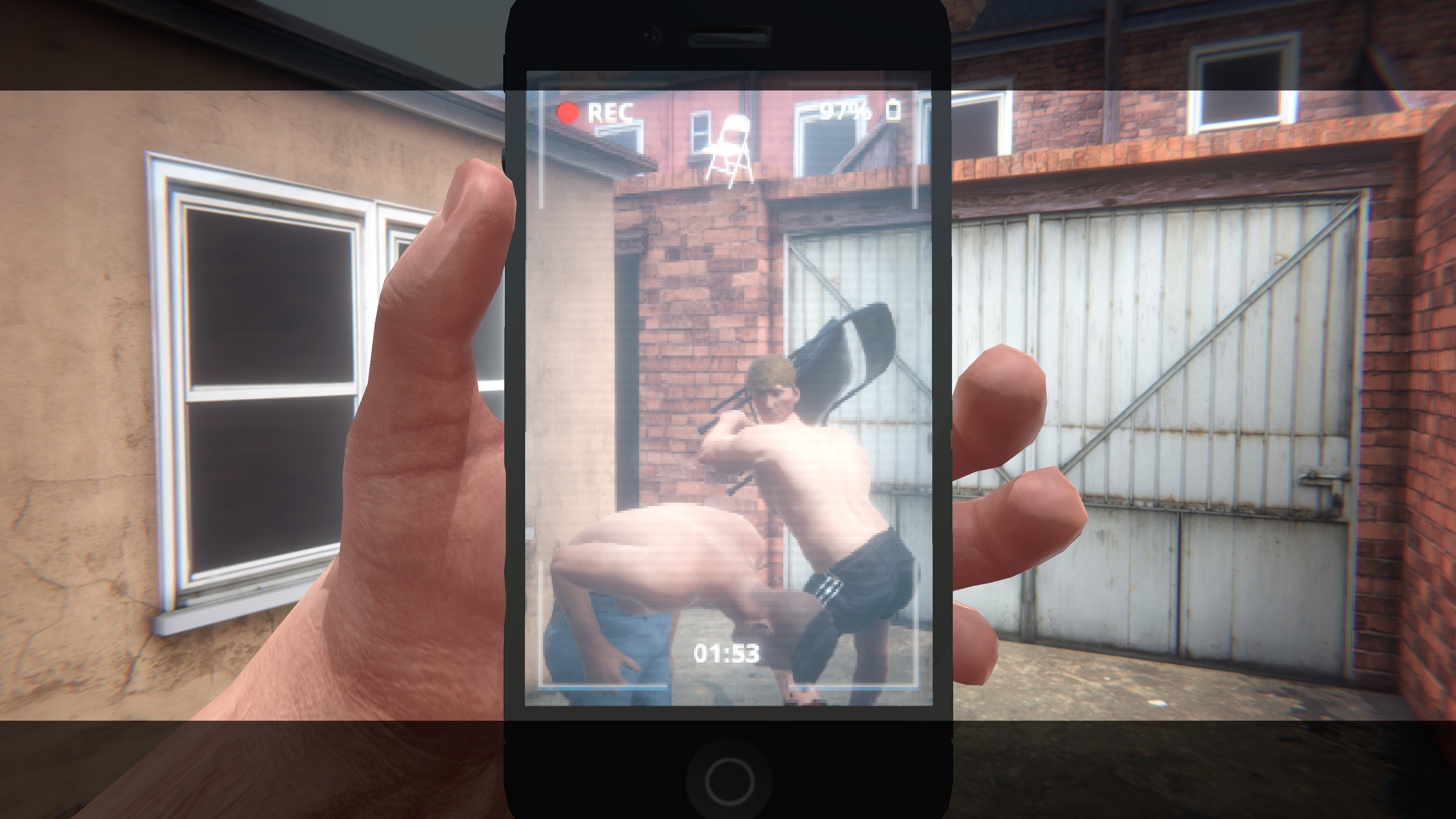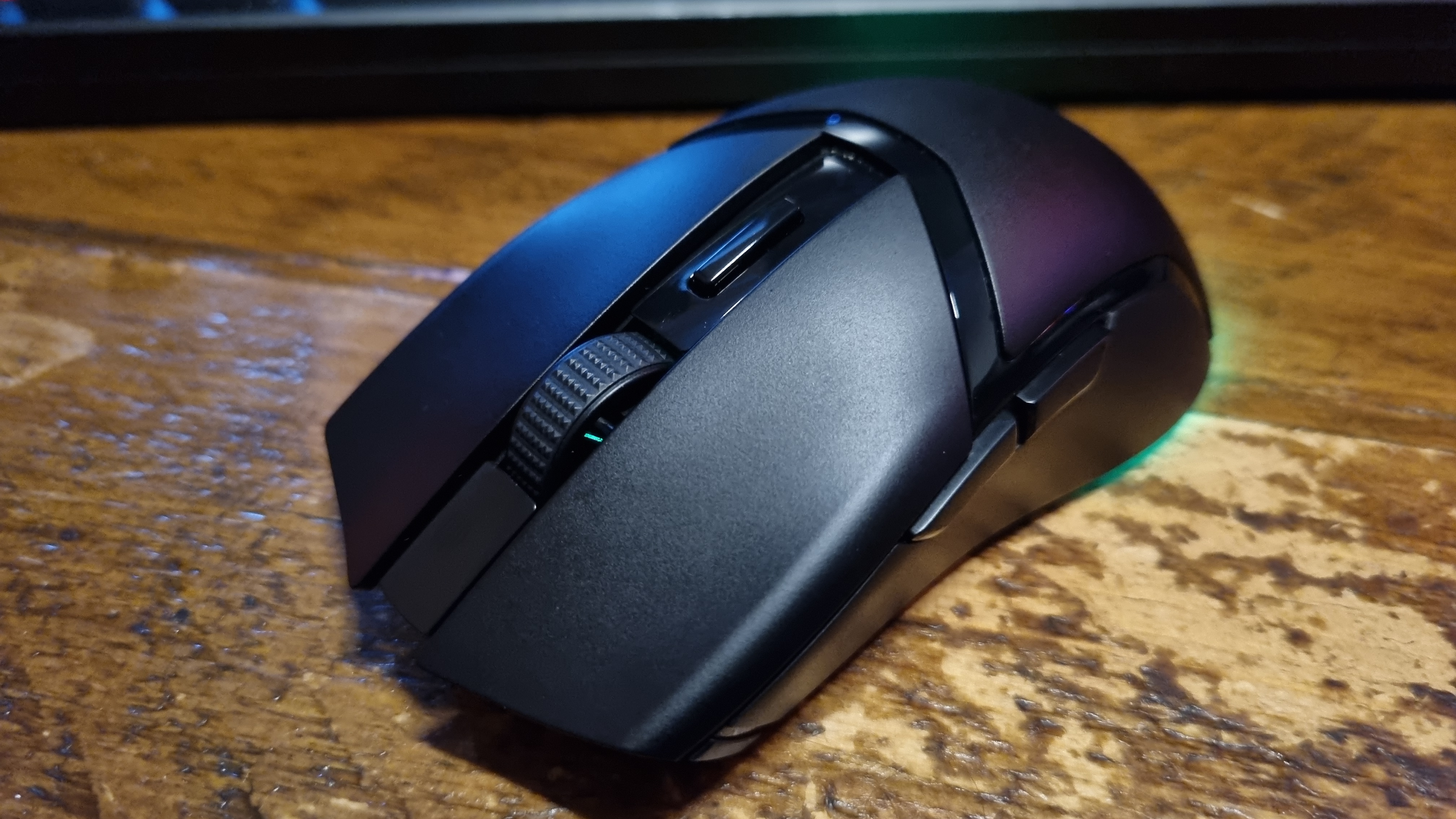The Boyfriend Dungeon backlash was nothing new for queer games
Why do marginalised creators face so much hostility from their own communities, anyway?
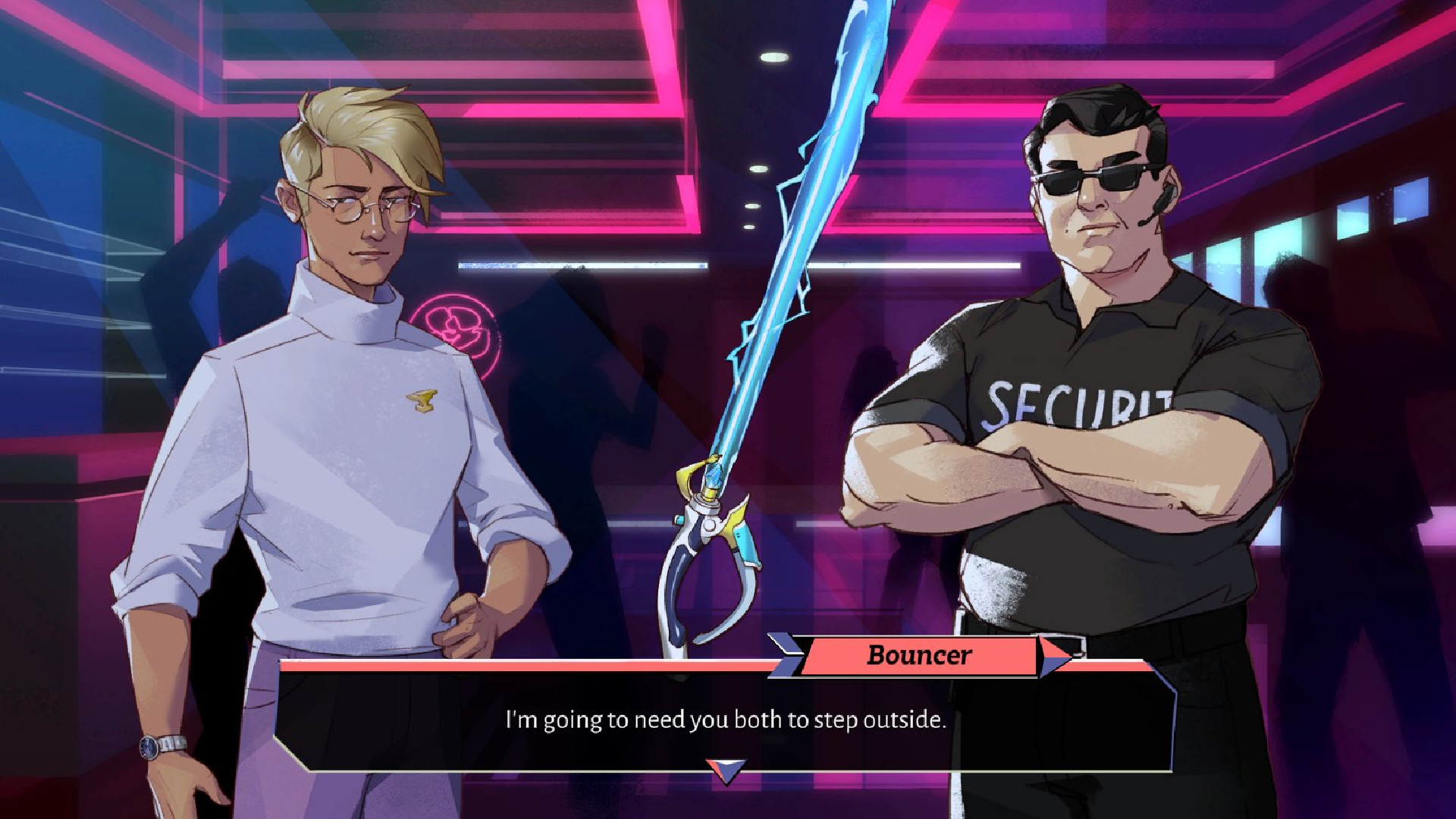
Keep up to date with the most important stories and the best deals, as picked by the PC Gamer team.
You are now subscribed
Your newsletter sign-up was successful
Want to add more newsletters?

Every Friday
GamesRadar+
Your weekly update on everything you could ever want to know about the games you already love, games we know you're going to love in the near future, and tales from the communities that surround them.

Every Thursday
GTA 6 O'clock
Our special GTA 6 newsletter, with breaking news, insider info, and rumor analysis from the award-winning GTA 6 O'clock experts.

Every Friday
Knowledge
From the creators of Edge: A weekly videogame industry newsletter with analysis from expert writers, guidance from professionals, and insight into what's on the horizon.

Every Thursday
The Setup
Hardware nerds unite, sign up to our free tech newsletter for a weekly digest of the hottest new tech, the latest gadgets on the test bench, and much more.

Every Wednesday
Switch 2 Spotlight
Sign up to our new Switch 2 newsletter, where we bring you the latest talking points on Nintendo's new console each week, bring you up to date on the news, and recommend what games to play.

Every Saturday
The Watchlist
Subscribe for a weekly digest of the movie and TV news that matters, direct to your inbox. From first-look trailers, interviews, reviews and explainers, we've got you covered.

Once a month
SFX
Get sneak previews, exclusive competitions and details of special events each month!
On release earlier this month, indie date-your-swords 'em up Boyfriend Dungeon landed itself in a bit of hot water over a content warning fans felt didn't go far enough. Developer Kitfox would eventually update the warning, but the game's launch issues didn't stop there.
Boyfriend Dungeon's release was marred by a week of discourse that saw many fans demand to be allowed to opt-out of the game's more sensitive subjects—namely, stalking—entirely. Voice actor Alexander Gross, who played the antagonist at the centre of Boyfriend Dungeon's uncomfortable themes, reported being sent hate mail for playing the character.
It's unfortunate that much of this harassment didn't come from the usual suspects, but from ostensibly progressive, queer players. But speaking to queer artists and game developers over the last week, that reaction wasn't altogether unsurprising.
"When [Boyfriend Dungeon] came out, I watched a lot of streams of people enjoying the game," a queer Kitfox employee who asked to stay anonymous told me via email. "People were having fun, but it was as if I was looking for something, looking for the moment where I was going to be told we did something wrong. And then that happened."
The Kitfox employee stressed that their experience wasn't universal to other queer developers at the studio. But it reflected an anxiety that came up time and time again in stories sent my way by queer developers, YouTubers, artists, and students over the last week. It's an anxiety (backed up by what happened to Kitfox) that queer audiences can be particularly hostile to works made for them.
According to Crispy Creative founder Kylan Coats (maker of upcoming queer space opera Long Journey to an Uncertain End), that hostility isn't entirely unfounded.
"Existing as a queer person means growing up with trauma and pain," Coats explained. "While it’s gotten easier, part of the queer experience is working through that trauma to accept who you are. Sometimes that leftover anger and pain gets misdirected at the very creators trying to make it better."
Keep up to date with the most important stories and the best deals, as picked by the PC Gamer team.
Here's the problem, really. There are enough tropes out there of queer-coded villains or tragic gay couples that many queer players just want to see themselves represented in safer, more uplifting stories. There's value in seeing stories where we just get to exist, without reliving very personal pains over and over again.
But creating honest queer art often means reflecting and unpacking what queerness means to the artist—no matter how messy it may be, or where it may rub against other parts of the community. Coats tells of a response from a trans fan who was frustrated with the presence of a drag queen in the game's cast - after all, drag has long been conflated with transness in messy, uncomfortable ways. But drag is a key part of Coats' own view of queerness, one that felt too essential to omit.
"For as inclusive as we’re trying to be, at some point we had to say, 'Look, if drag queens really bother you, this isn’t the game for you.'"
Many developers I spoke to shared an anxiety over how their particular views of queerness would be met by wider audiences. Anecdotes of comments and messages from fans who felt that their representations of marginalised identities weren't "correct" because they didn't map to the commenter's own experience. Bisexual developers slammed as biphobic for not conforming to a specific kind of bisexuality.
This kind of response goes well beyond games, of course. Independent queer artists and filmmakers have been dealing with similar backlash for decades. Without the PR departments and marketing agencies of bigger studios, queer developers felt they were "more approachable" to aggrieved fans (from all sides of the political spectrum). When you're using a personal Twitter account for self-promotion, it's hard to leave those comments at work.
That accessibility ends up holding smaller, marginalised devs to impossible levels of scrutiny, the Kitfox developer explained. "The standard is so different from non-queer media, that even if we stay on the subject of stalking, you can click to watch Jessica Jones or You on Netflix and there's no content warning at all.
"I thought about smaller creators that wouldn't be able to take a hit like this, I thought about creators who want to make games about their personal traumas or experiences, that deal with difficult subjects. Are we not going to be able to talk about this stuff? Or what is the alternative? Sanitize our work?"
Developers I spoke to shared a common anxiety over tackling these personal themes in games. Boyfriend Dungeon isn't a heavy game—it's a game about flirting with medieval weaponry, after all—and even took care to launch with content warnings, even if they weren't quite up to scratch. But the simple presence of a touchy subject like stalking saw such strong backlash that it's given plenty of developers pause.
"Boyfriend Dungeon makes it very clear that for a lot of us indie teams, it's damned if you do and damned if you don't," said Unbeatable producer Jeffrey Chiao. "I see the general sentiment that people are tired of queer stories featuring characters going through hardship, and I understand why. At the same time, it just makes me feel like I'm making something that they'd consider damaging, and I'm afraid of how people will respond to that."
For a lot of us indie teams, it's damned if you do and damned if you don't.
Jeffrey Chiao, D-Cell Games
The line, for a lot of developers, comes when aggrieved players start making demands for queer works to be something they're not. For Boyfriend Dungeon to remove a plot-critical character and arc. For there to not just be content warnings, but toggles to remove stories and characters and topics from games entirely. To sanitize them, effectively.
"Boyfriend dungeon proved that there's a growing trend of people who are pushing hard for people to make works that cater to specifically them, even when they think they're pushing for the greater good and for all works to be more safe. you can't make something that's personal to you without it probably hurting someone - that's the human experience."
Robert Yang, an academic and game developer who has frequently seen his games barred from Twitch, feels the discourse around whether games should tackle themes like stalking is ultimately reductive, and distracts us from talking about whether they tackle them well (though, in agreement with QGCon co-organiser Kaelan, he feels Boyfriend Dungeon doesn't).
"There are many criticisms to be made of any work, and the content warning definitely could've been more accurate, and maybe even the narrative / game design could've treated the topic better," said Yang. "But harassing developers and demanding huge changes to the design and its concept - that's some weird consumerist gamer entitlement getting mixed in with valid concern about safety, which is what makes this conversation so fraught.
"Queer audiences have been conditioned to fixate on crumbs - so when an indie dev offers thousands of crumbs, or even a whole damn sandwich, then that fixation explodes. It's difficult to disentangle this knot. Personally, I think Kitfox has taken real steps, and I hope the mob de-escalates too."
Better trigger warnings (something Yang describes as "deeply imperfect stop-gaps") isn't the solution to this, so much as better communication and conversation around what it means to create and consume queer art. To recognise that queerness is messy and personal in ways that will always colour representation. And perhaps most importantly, to recognise that sometimes a game might just not be for you—even if you were quite excited by the prospect of smooching a hot non-binary scythe.
"I'm optimistic that there's a way forward from all this, but it'll take a lot of thinking to figure out what that is. In the meantime, let's try to be more patient with each other."
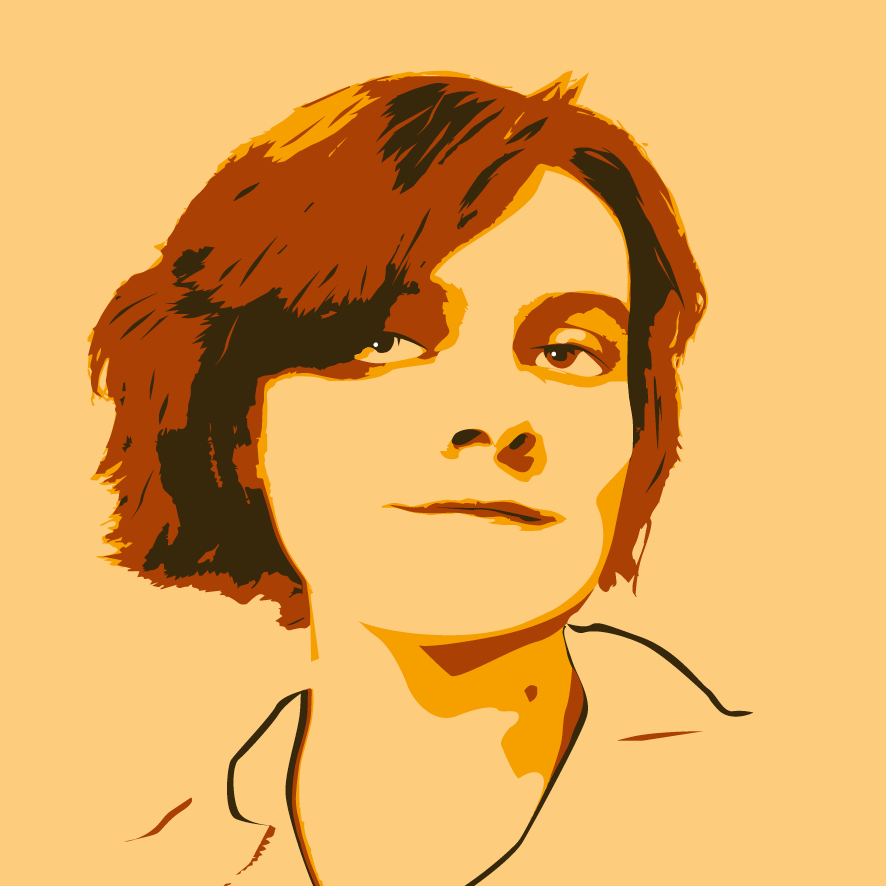
20 years ago, Nat played Jet Set Radio Future for the first time, and she's not stopped thinking about games since. Joining PC Gamer in 2020, she comes from three years of freelance reporting at Rock Paper Shotgun, Waypoint, VG247 and more. Embedded in the European indie scene and a part-time game developer herself, Nat is always looking for a new curiosity to scream about—whether it's the next best indie darling, or simply someone modding a Scotmid into Black Mesa. She also unofficially appears in Apex Legends under the pseudonym Horizon.
